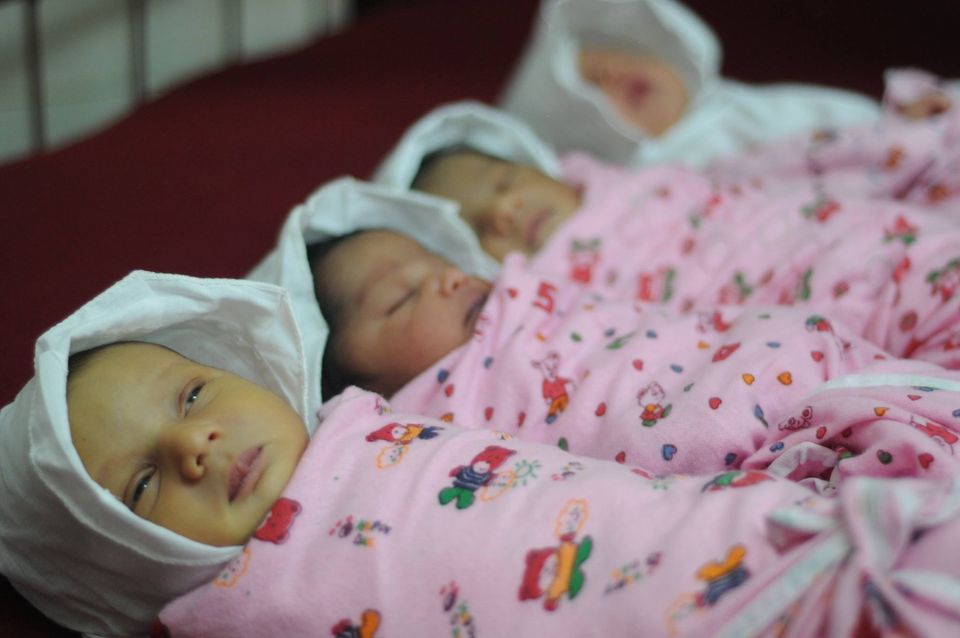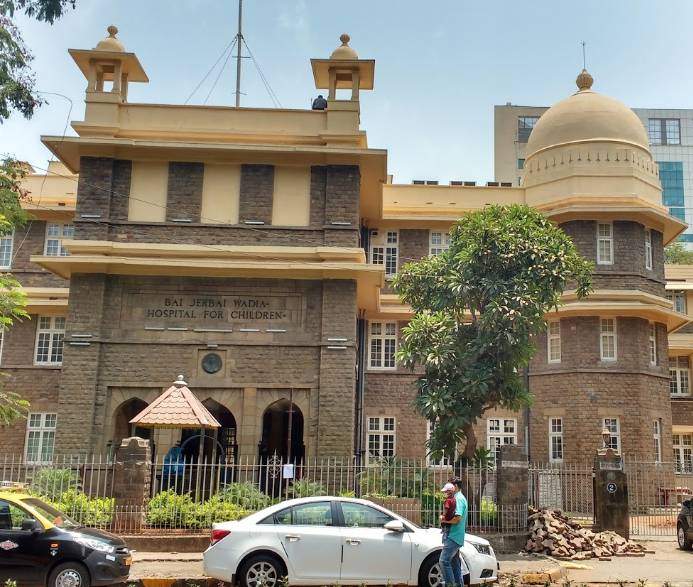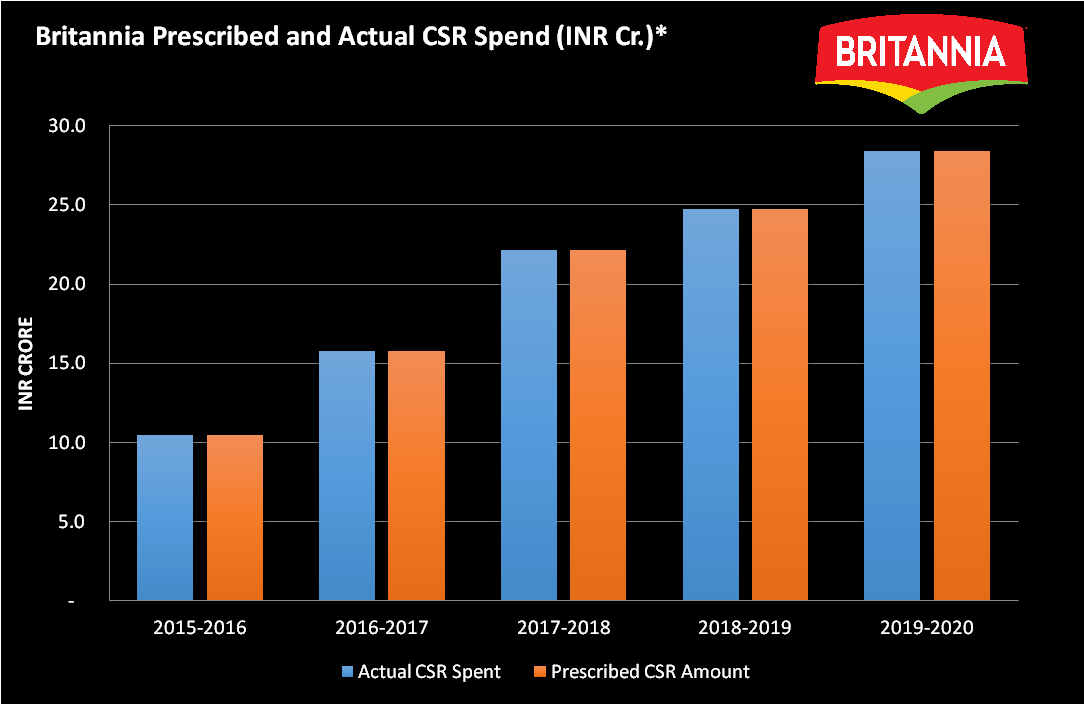Who hasn’t grown up in India without munching on Britannia biscuits? If not Good Day, then Milk Bikis. If not the sweet-and-salty 50-50, then the chocolate-sandwich Bourbon. Grown ups munched on Marie Gold with their evening tea while the health conscious adults picked Nutri Choice. Then there is the whole range of breads, cakes, rusk toasts and dairy (milk, cheese, dahi and lassi). You name the snack, this 118-year-old company probably makes it. There are packaged beverages available at practically every general store in the country that has a refrigerator.
Britannia Industries is by far the favourite food company of the Great Indian Middle Class. It has a rich legacy of dishing out tasty snacks in eye catching and attractive packaging so good, you can’t miss it at the supermarket. The company has the credo: Eat healthy, think better. So, it’s not surprising that Britannia CSR focuses the most on nutrition and healthcare.
The emphasis is results-oriented. For example, Britannia Industries ranks 4th in the India Index 2020 of the Access To Nutrition Initiative (ATNI). It is the highest-scoring Indian-headquartered organisation on the index and has made improvements across all categories in the Index, thanks largely to the recent Britannia Nutrition Policy. It has been working towards becoming India’s first Zero Trans Fat food company.
1. About the company
Britannia Industries Limited is a food and beverage company with a rich legacy of over a century. It was established in the year 1892 at a starting capital of a mere Rs. 295 in a small house in Kolkata. Who would have thought it would go on to become one of the oldest Indian companies with annual revenue in excess of Rs. 9,000 crores?
1.1 How it started
The origin goes back to World War II, when India was under British rule. Indian soldiers fought on the side of the British in the war – a fact many folks still can’t grapple – and, of course, their rations included biscuits. Cooking was difficult in the barracks and nutritious food wasn’t available on demand in the war. This demand for large batches of biscuits for the soldiers was filled by a little outfit called the Britannia Biscuit Company, which was called something else entirely back in 1892. Started with the tiny sum of Rs. 295 only, it operated out of a small house in Kolkata (then Calcutta). The Gupta brothers bought the biscuit maker five years later and continued running it under the name V.S. Brothers. It wasn’t until an Englishman partnered with the brothers in 1918, and incorporated it as Britannia Biscuit Company.
As the war and post-war operations continued, so did the biscuit business. So much so that the tie-up last several years. The armed forces must have appreciated the freshly baked biscuits, because after a point the company was primarily working to full capacity to bake biscuits only for the army men.
1.2. Being Indian
Business was booming; the biscuit making outfit became one of the first in the country to use a gas oven. Mechanisation was a sign of more popularity to come by. By the year 1978, the company went public and was recognised as Indian with a majority shareholders being Indian. It was renamed Britannia Industries as late as 1979. Of course, the clientele has changed to civilians. The company still sends out millions of packets to soldiers in war-torn countries abroad as part of its CSR partnership with the Nobel Prize-winning World Food Programme.
1.3. Trusted food products
Multiple generations in the same families have grown up consuming the edible offerings of this cherished household name. Dairy constitutes only 5% of the revenue yet has products delivered daily to 100,000 shops. Such is the magnitude of operations and distribution for this trusted food business. The company’s white bread is the biggest brand in the organised bread market. In a year, roughly 1 lakh tonnes of Britannia bread is produced. Franchisees sell 1 million loaves of the popular bread every day in more than 100 cities and small towns across India. The secret is perhaps the simplicity of the sandwich bread which has maintained its quality and fluffiness.
As for packaged goodies like biscuits and cakes, the corporation stays relevant by constantly reinventing itself. The products reach half – mostly middle class and upper class – Indian homes. The various brands including Bourbon, Marie Gold, Good Day, Nice Time and dozens more have managed to retain the original flavour and improve on the existing offerings with new flavours.
1.4. International footprint
Besides dominating the Indian food market, Britannia Industries has a presence in 60 countries worldwide. The company’s international presence covers all the major continents including North America and Africa through exports. Britannia has a strong footprint in the Middle East. It is the #2 in the UAE biscuit biz. The expansion strategy has a simple yet solid principle: Explore one new market a year. The behemoth plans to set up local operations in Africa and South East Asia in this decade.
1.5. Recognition
The brand is regularly equated with the words ‘trusted’ and ‘popular’ for its products as well as ethics and policies in numerous surveys including Brand Equity in 2020. The company has won prestigious accolades including the Golden Peacock National Quality Award and the Ramakrishna Bajaj National Quality Award.
2. Britannia CSR and Sustainability
Britannia CSR makes a difference at the community-level through various interventions addressing undernutrition and malnutrition. Research and development into nutrition is a major component of Britannia corporate social responsibility.
When it comes to plastic in the manufacturing and supply chain, the company believes in reducing, recycling and recovering plastic. The R&D team is researching ways to reduce plastic in the offices, manufacturing process and distribution. One step was to remove plastic trays from the product portfolio. The R&D is working on creating 100% reusable packaging in line with the circular economy being embraced by international companies of repute.
3. CSR spend
The graph of Britannia CSR spending in the last 5 years shows a steady increase in the budget every year. The 2019-20 CSR budget was the highest at Rs. 28.43 crores. Interestingly, the amounts spent are exactly as much as the prescribed budget, down to a decimal. CSR of Britannia spent a major chunk of this year’s budget on COVID-19 activities. This was expected since the trend was consistent for India Inc. Most companies donated to the PM CARES Fund, state relief funds and nonprofits fighting the pandemic. The same can be said about this food corp.
4. CSR Committee
The Britannia Corporate Social Responsibility Committee comprises industrialist Ness Wadia, presiding as Chairman of the CSR committee. The other members are Keki Dadiseth, Dr. Ajai Puri, Dr. Y.S.P Thorat. They hold office and conduct meetings in accordance with the requirements mandated under Section 135 of the Companies Act, 2013.
The Britannia CSR committee is expected to formulate the CSR policy and recommend it to the Board of directors. The members decide on the strategy and recommend the amount of money that will be spent on each activity. They are entrusted with monitoring the Britannia corporate social responsibility projects and ensuring there is compliance.
5. Providing COVID-19 relief
Britannia CSR steps up to be of service for the people in times of crises. The COVID-19 pandemic is hands down the worst humanitarian crises the world has witnessed in the last 100 years. The Britannia corporate social responsibility team mobilised its people and resources to help those in need.
Since food is the core of the company’s business, providing essential foods was at the top of the list of activities in response to the pandemic. The Wadia Group gave out 1.35 crore meals (and meal equivalents) and 90 lakh packets of biscuits and bakery items across 19 states.
The team deployed workers in the supply chain infrastructure and joined hands with agencies to send essential food to the people whose lives were disrupted by coronavirus. Nutritious food was distributed to daily wage workers, migrant families and domestic help who had lost their livelihoods to children from low-income families and anganwadis.
The food relief began in the communities close to the factories in Kolkata, Gwalior etc and then spread out to more districts. The goal of the enterprise was that food is distributed on time and on a large enough scale that no one gets left behind or goes to bed hungry. The Britannia corporate social responsibility division distributed hot food and monthly rations, dairy items and bread according to what the community needed in that particular district. Rations included enough whole foods and spices that the families could cook and sustain themselves with meals made out of those ingredients. The relief teams followed social distancing and hygiene measures during the lockdown.
As was reported in the news, a large number of migrants who could not find transport started walking home. Britannia corporate social responsibility offered the distressed walkers some respite by converting the organisation’s depots into relief centres. They served free hot meals and biscuits, along with water to freshen up the weary travellers. When the ‘Shramik’ trains started taking migrant families to their hometowns from the cities, Britannia CSR activities involved comfort food for the travellers on the long train journey. Sweet buns and biscuits made the rounds of train compartments for them to snack on till they made it home.
6. Nutrition
Programmes to fight malnutrition and undernutrition take up the biggest share of Britannia CSR activities. Biscuits fortified with vitamins and micronutrients are part of the nutrition programme. Most of the initiatives are carried out by Britannia Nutrition Foundation.
6.1. Britannia Nutrition Foundation (BNF)
Britannia Nutrition Foundation (BNF) is more than a decade old. It was set up with the goal of delivering every Child’s Right to Nutrition and Growth. BNF runs long term replicable programmes in various states. Community development is considered a focus area since BNF assumes responsibility for the nourishment and vitality of the whole community it works in.
6.2. Sir Ness Wadia Foundation
Sir Ness Wadia Foundation (SNWF) is nearly five decades old, making it one of the oldest charitable organisations in India. SNWF is a registered NGO set up in honour of philanthropist-industrialist Sir Ness Wadia. He was one of the most respected Parsi gentlemen who has pioneered the way charity is done on a large scale, and inspired many others to follow. He had a burning desire to empower the most impoverished sections of society by fulfulling their basic needs of food, education and economic independence. SNWF supports various CSR projects to reduce malnutrition in Jharkhand and Madhya Pradesh. The Foundation works towards improving the beneficiary’s quality of life through better nutrition, education and rehabilitation where needed.
7. Healthcare
Britannia CSR projects in healthcare include hospitals of repute that house modern equipment and provide free to low-cost treatment and medical care.
7.1. Nowrosjee Wadia Maternity Hospital

Nowrosjee Wadia Maternity Hospital (NWMH) in Mumbai will celebrate its centenary year in 2026, five years from now. NWMH was established to provide affordable healthcare to women across all sections of society. It specialises in obstetric and gynaecological services, to avail which women come from far and wide. It is renowned for care following complicated pregnancies. The IVF Centre was the first in our country to achieve QAI accreditation. The certified Human Milk Bank for newborns was another first.
The hospital treats 1 lakh outpatients a year. The hospital also counsels women on their health and the importance of clealiness and sanitation in their surroundings.
7.2. Bai Jerbai Wadia Hospital for Children



